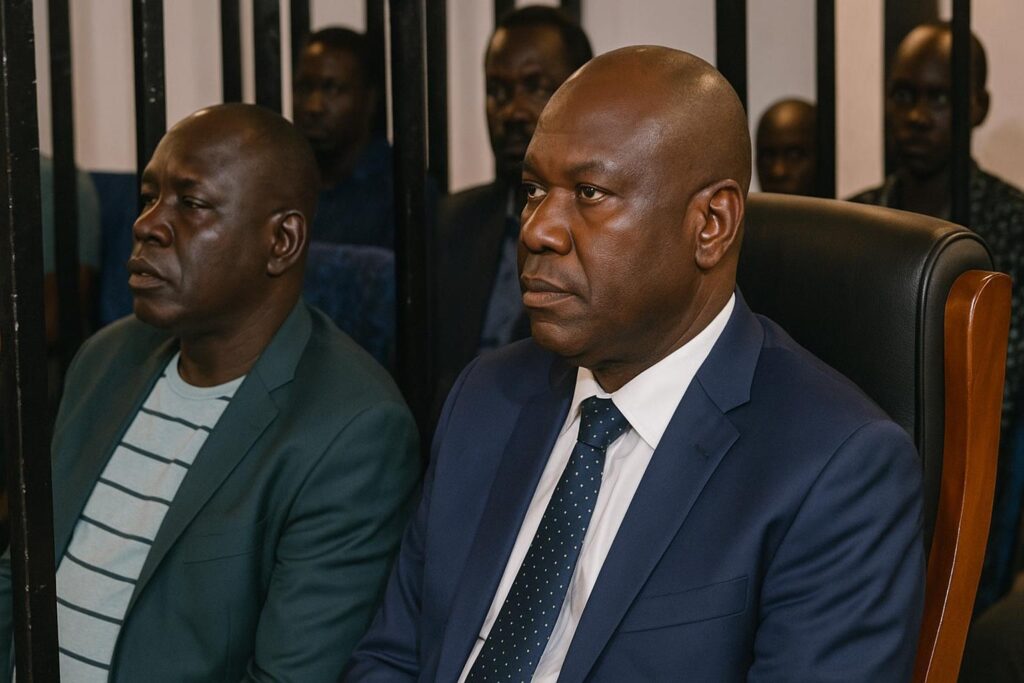Journalists Face New Barriers in Juba Courtroom
Independent reporters were again refused full access to the special court hearing for suspended First Vice-President Riek Machar in Juba on Wednesday. Security demanded all recording gear be surrendered, shrinking coverage to note-taking only inside a session declared public by the bench.
Judge’s Directives and Security Tactics
Sources inside the courtroom said presiding Judge James Alala asked journalists to avoid audio, video or still images. Security officers then filtered entrants, allowing some reporters to sit as ordinary citizens after depositing phones and cameras outside the hall.
Activists Warn of Eroding Public Trust
South Sudanese rights campaigner Ter Manyang urged the bench to honour earlier promises of openness, arguing that transparency grounds public confidence. He cautioned that repeated barriers could trigger suspicion over fairness and harm the judiciary’s credibility at a politically sensitive moment.
Legal Arguments Over Admissible Evidence
Inside the previous session, prosecutors tabled autopsy records, casualty lists and financial files they say link Machar to violence in Nasir. Defence lawyer Anis Tombe Augustino contested documents that he claimed misidentify military roles, prompting the judge to defer multimedia evidence until expert testimony.
Press Freedom Questions Linger
The hearing marks the second media lockout since proceedings began last month. Commentators note that the restriction clashes with public commitments by Justice Minister Joseph Geng Akech and the bench itself to permit accredited outlets, fuelling debate over the state’s approach to press freedom.
Path Ahead for Transparency in South Sudan
Observers suggest that consistency in courtroom access could reinforce both legal legitimacy and national reconciliation. Whether the bench loosens restrictions in upcoming hearings may shape domestic perceptions of justice—and signal the government’s broader stance on openness during delicate political transitions.


